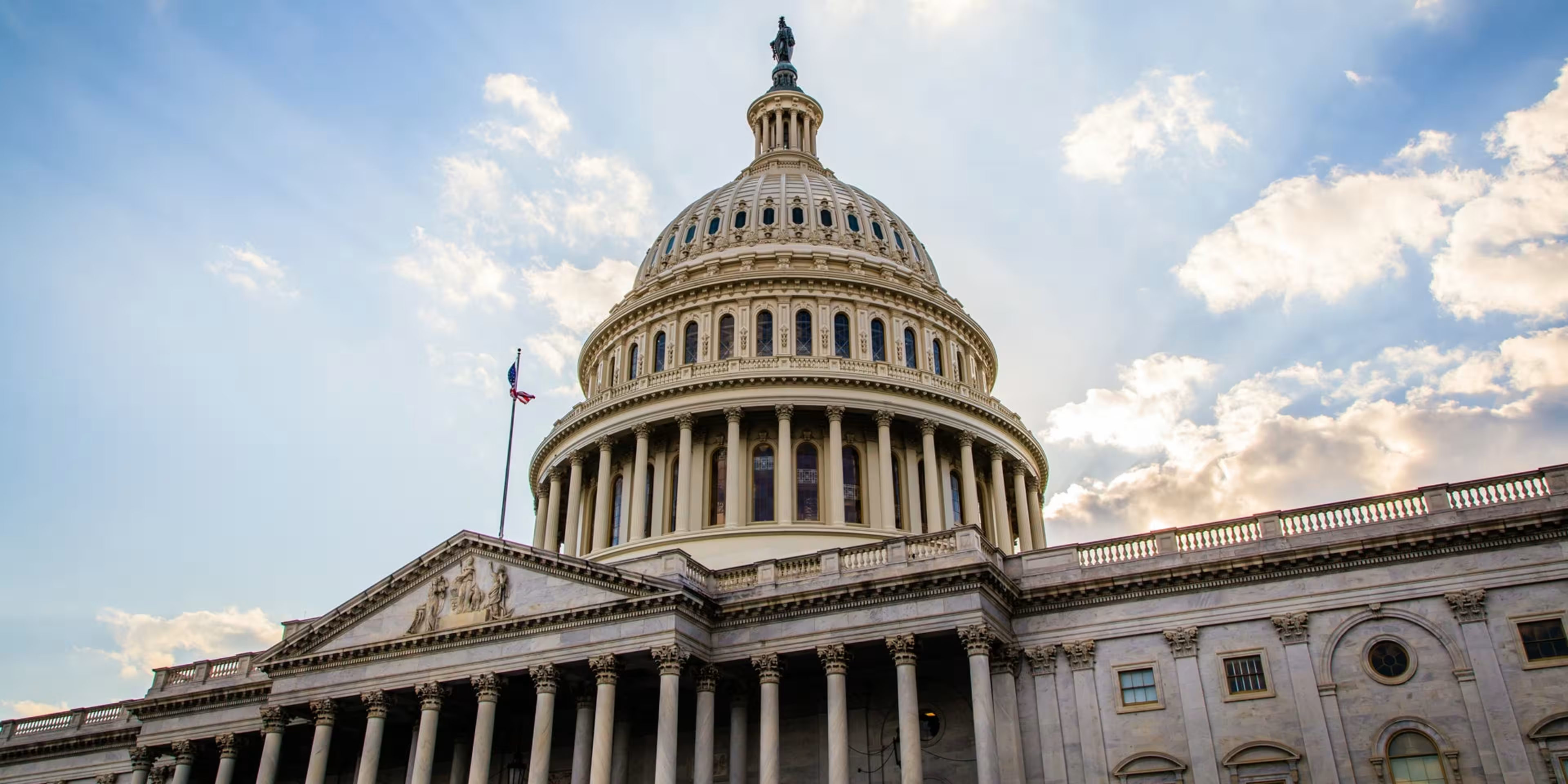The International AIDS Society (IAS) has lauded a bipartisan move by the United States Senate to shield the President’s Emergency Plan for AIDS Relief (PEPFAR) from proposed funding cuts, offering a critical reprieve amid global concern over the programme's future.
This follows a proposal by US President Donald Trump to slash $400 million (Sh51 trillion) from the initiative, part of a broader $9 billion (Sh1.162 trillion) rescission package targeting already-appropriated funds.
In Kenya, the news comes as the Kenya Red Cross Society (KRCS) intensifies its response to a worrying rise in mother-to-child HIV transmission rates from 7 to 9 per cent between 2023 and 2024 despite ongoing support from the US through USAID and PEPFAR.
PEPFAR has long been a cornerstone of Kenya’s health system, funding antiretroviral treatment, malaria and TB care, vaccine distribution, and the training of healthcare providers. Its uncertain future has triggered concern among local and global health actors.
“PEPFAR has been one of the most successful global health programmes in history,” said IAS President Beatriz Grinsztejn. “Global advocacy played a pivotal role in persuading lawmakers to act but uncertainty remains. We must stay vigilant.”
IAS President-elect Kenneth Ngure called the Senate move “a beacon of hope” for Africa, stressing the need for sustained leadership from the continent.
“PEPFAR is a lifeline. But Africa must lead in shaping the HIV response. Sustainable domestic investment and reduced donor dependency are critical,” he said during the IAS Conference on HIV Science in Kigali, Rwanda.
Despite the Senate’s intervention, the final fate of the funding rests with the US House of Representatives, which has one week to approve or reject the changes. If the House fails to act, the rescission request will automatically expire.
Still, experts warn that PEPFAR is not fully out of danger. Many of its projects have already been dismantled by the Trump administration, and the programme is currently operating under a waiver that limits funding for prevention activities.
Compounding the challenge, USAID, the agency that once implemented many PEPFAR programmes has been significantly downsized, with the State Department taking over global health mandates amid mass layoffs.
Even so, civil society leaders remain cautiously optimistic.
“This withdrawal shows that US lawmakers are still willing to protect PEPFAR,” said Nelson Otwoma, Executive Director of the National Empowerment Network of People Living with HIV/AIDS in Kenya. “But the proposed $1.9 billion cut for the 2026 fiscal year is still looming.”
Amid the uncertainty in Washington, KRCS has doubled down on its efforts to curb new infections, with particular focus on community-driven interventions.
As a principal recipient of Global Fund HIV grants since 2012, the organisation has led targeted programmes for key populations: adolescents, sex workers, people who inject drugs, men who have sex with men, and transgender persons.
The goal of the current Global Fund-supported cycle is to slash new infections by 75 per cent.
“Our success lies in a holistic approach to prevention, care, and treatment anchored in the community,” said Mirriam Ngure, Head of Global Fund Programmes at KRCS.
KRCS’s prevention toolkit includes widespread condom distribution, access to both oral and long-acting injectable PrEP, and stigma-reducing campaigns grounded in the “Undetectable = Un transmittable (U=U)” principle. Through this, those with suppressed viral loads are less likely to transmit the virus.
A standout pillar of KRCS’s strategy is the deployment of mentor mothers' living with HIV who provide peer support to pregnant women in high-burden communities.
These mentors ensure treatment adherence, deliver ARTs, and track expectant mothers through their pregnancy journey to reduce defaulting caused by stigma, poverty, or distance.
“It is troubling that most women only attend their first ANC visit after six months,” said Ngure. “This delays diagnosis and early interventions tactical in preventing transmission to the baby.”
In collaboration with the Ministry of Health, KRCS is expanding ANC access and promoting early visits. Outreach teams also engage pregnant women through peer-led models that encourage early testing and follow-up care.
KRCS data indicates that transmission rates remain highest in low-burden counties such as Samburu, Turkana, Garissa, Isiolo, and West Pokot—areas grappling with low awareness and climate-induced food insecurity.
“In semi-arid regions, food insecurity impacts nutrition, which directly affects treatment outcomes,” Ngure explained. “For many, food is more urgent than ARVs.”
KRCS also oversees sub-recipients across the country, ensuring compliance, data quality, risk management, and reporting in line with national and donor requirements.
“Through supportive supervision and real-time data tracking, we ensure that community-level impact is captured and used to inform national decisions,” said Ngure.
Despite foreign aid freezes and looming budget cuts, KRCS remains committed to empowering youth and key populations through evidence-based strategies.
“We haven’t won the war yet,” Ngure added. “But through the strength of community-led models and the resilience of mentor mothers, we’re inching closer to stopping new infections one life at a time.”

